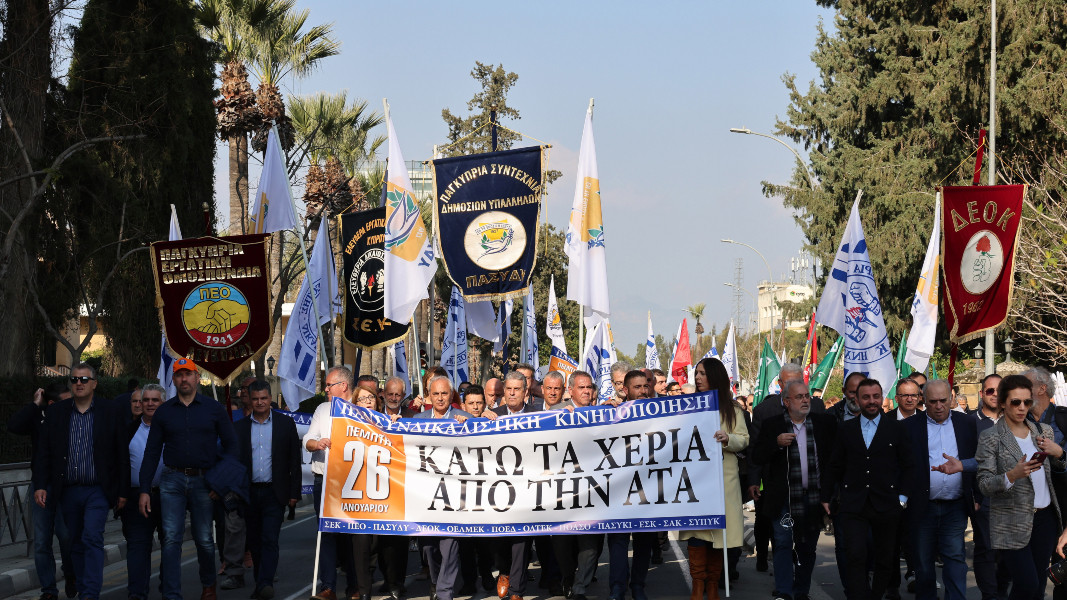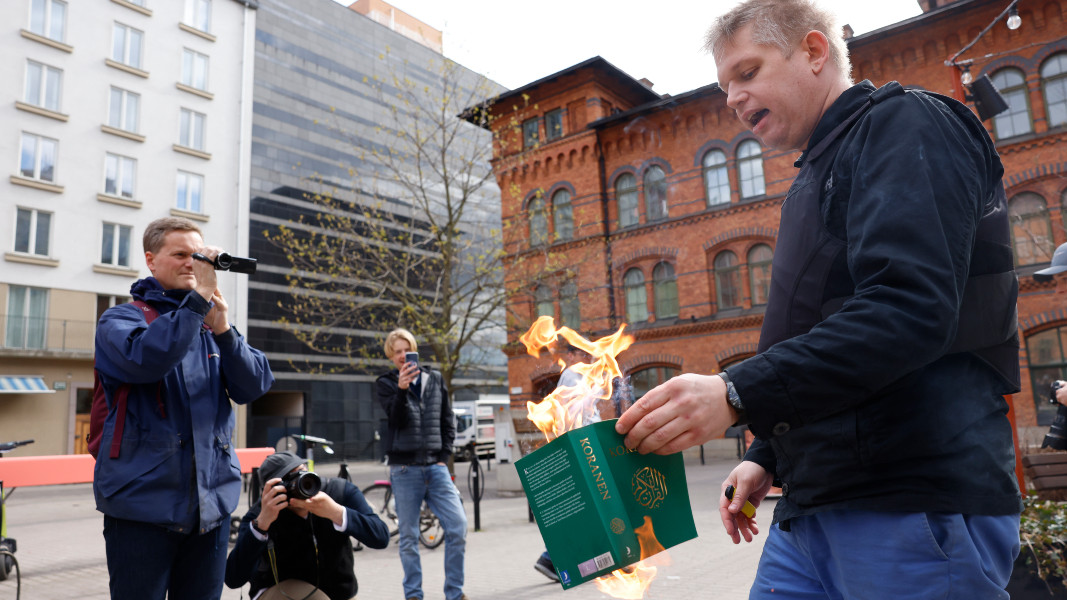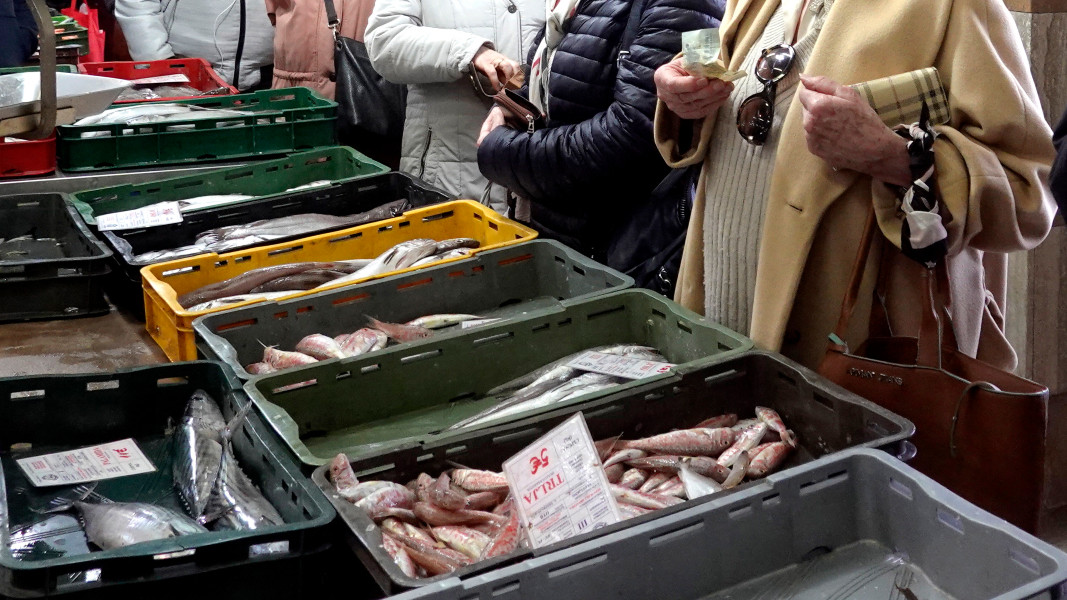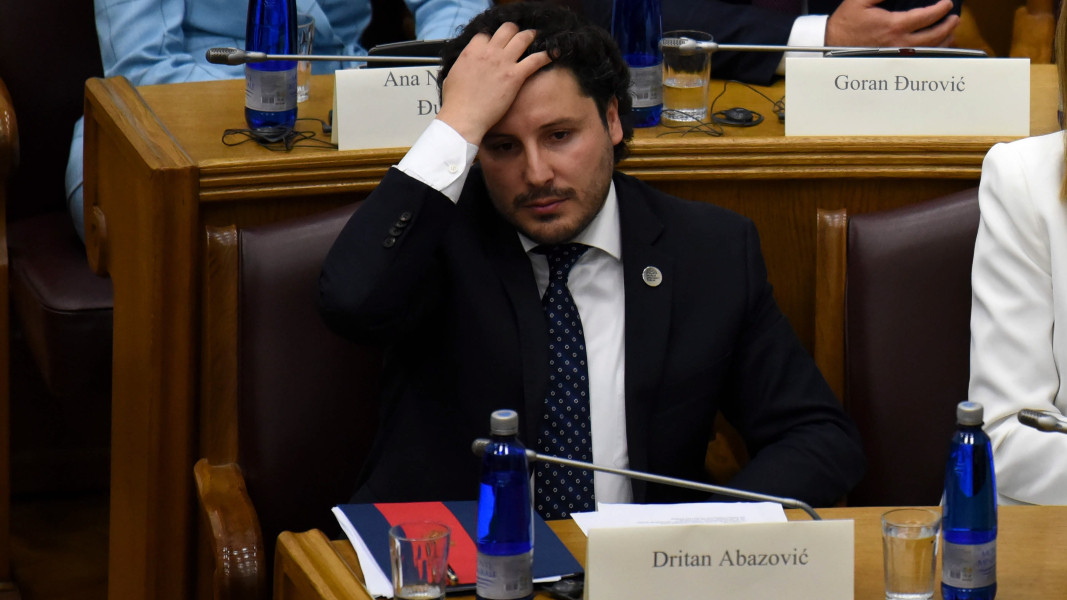National strike in Cyprus to increase wages because of inflation

On Thursday, January 26, thousands of public and private sector workers in Cyprus, including civil servants and journalists, effectively stopped work for three hours and took to the streets in all cities to join the union-announced general strike. It covered public transport, schools, hospitals, post offices, ports, public services.
The demands of the protesters are for a raise in wages and restoration of their purchasing power by indexing wages with the rate of annual inflation, BNR correspondent Branislava Bobanats reported from Cyprus.
The unions have announced that this is just the beginning of the fight for wage indexation and it will continue "by whatever means and as necessary".
According to them, a further escalation of the measures is not excluded.
The burning of the Quran delays NATO talks between Turkey and Sweden

Turkey has postponed talks with Sweden and Finland on their accession to NATO, which were supposed to be held in February, to a later date, Turkish radio and television TRT reported.
The decision came after the leader of Sweden's far-right party Stram Kurs (Hard Course) party Rasmus Paludan publicly burned the holy book for Muslims - the Quran - in front of the Turkish embassy in Stockholm on January 21.
Ankara immediately reacted sharply by cancelling the upcoming visit of Sweden's Defense Minister Pal Jonson to Turkey, and Sweden's ambassador was summoned for talks at the Turkish Foreign Ministry.
On January 24, in front of the Turkish Embassy in Stockholm, Turkish NGOs in Sweden held a "Respect for the Quran Action", and the participants received copies of the Quran in Swedish. The holy book case comes after another scandal, when an effigy of President Recep Tayyip Erdogan was hanged upside down in front of the city hall at a protest in Stockholm in mid-January.
All this happens at a time when Sweden and Finland expect Turkey to ratify their entry into NATO.
Croatia's prime minister has called for prices to return to pre-euro levels

Croatian Prime Minister Andrej Plenković once again criticized the price hike after the introduction of the euro as the official currency in Croatia. He called on those who raised prices not because of increased raw material costs not to harm consumers, Hina agency reported.
Plenkovic emphasized that last year was very difficult for the country, but through the introduced measures for the economy and households worth 3.6 billion euros, the government helped to keep inflation at 10.8%.
He threatened that the subsidies for the enterprises that have increased prices unjustifiably could be withdrawn, and that other measures could also be taken against them.
The political crisis puts Montenegro's entry into the EU at risk

The ongoing political crisis in Montenegro puts the country's accession to the EU at risk. The negotiations may be frozen if the dispute over the appointment of judges to the Constitutional Court is not resolved by the end of January.
This latest warning came from Slovenian Foreign Minister Tanja Fajon, who said that the upcoming March elections in Montenegro cannot be held without a functioning Constitutional Court.
"Before Prime Minister Dritan Abazović came to power, Montenegro was a leader in the negotiation process with the EU in the region. Now, less than a year into his administration, we are threatened with the suspension of negotiations. We have an authority that is under the direct negative influence of Belgrade, and also directly under the influence of Moscow. The government did not carry out the necessary reforms, nor did it prepare the institutions and teams for negotiations. The process is completely blocked," commented Momcilo Radulović, chairman of the European Movement, in an interview with BNT of Montenegro.
Compiled by Miglena Ivanova
Editing by Ivo Ivanov
The seventh election campaign in the political marathon of the past three years is drawing to a close. Have we heard any ideas for a way out of this crisis? Have the no longer surprising news of vote-buying attempts, which once again failed to reveal the..
If the general elections were to be held today, GERB-SDS would earn 24.5% of the votes, followed by Vazrazhdane with 13.7% and We Continue the Change – Democratic Bulgaria with 12.1%. BSP – United Left garners 8.8%, The Alliance for Rights and..
Parties from broad coalition in Romania face off on eve of elections Two months before the elections for president and for parliament in Romania, the ruling social democrats and liberals entered into a heated debate over the ruling by the..
At today's session of MEPs opening in Strasbourg, the European Parliament will again call for full membership of Bulgaria and Romania in Schengen . The..

+359 2 9336 661
